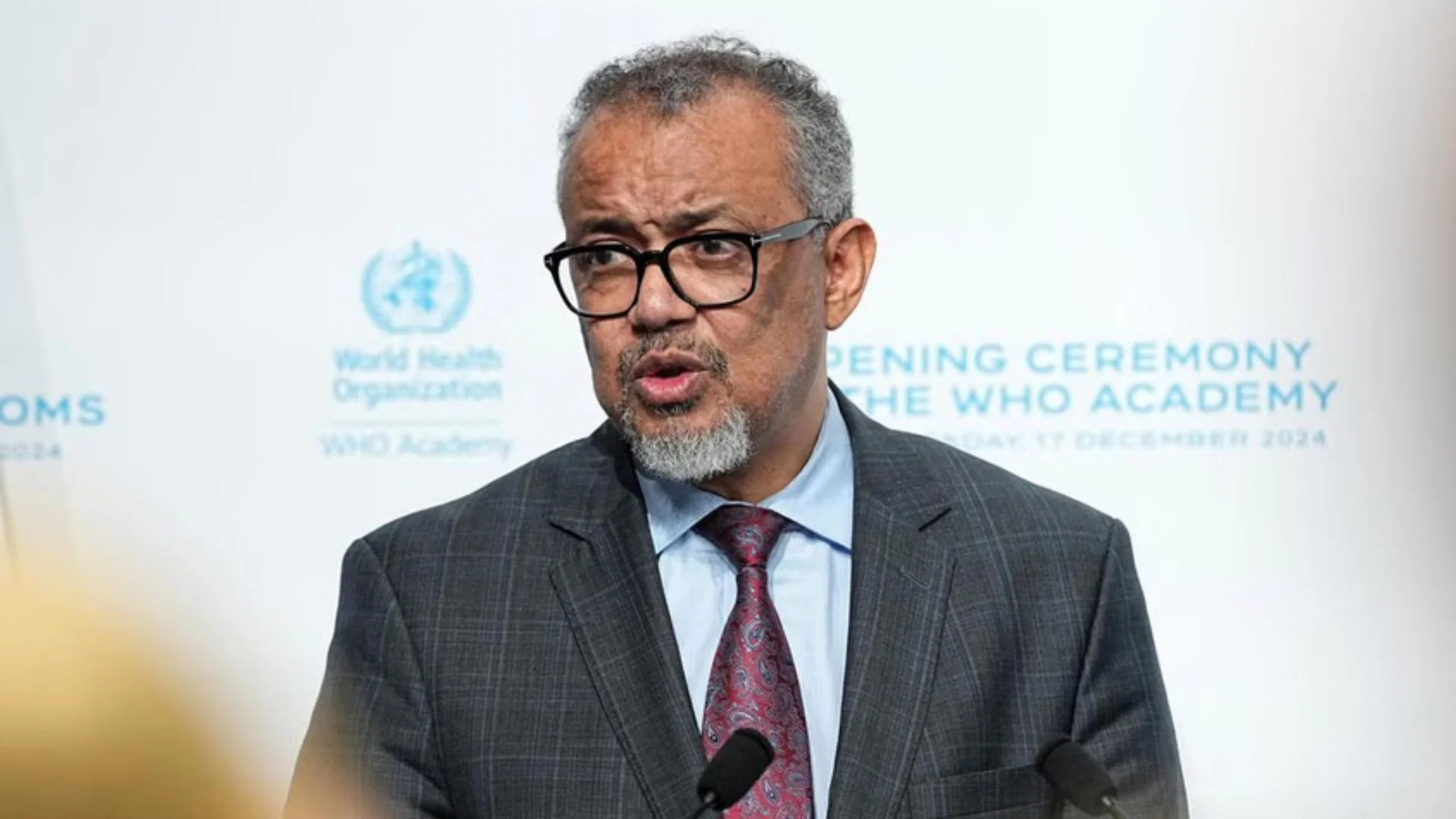As Indian and Chinese troops engage in a tense border stand-off along the Line of Actual Control in eastern Ladakh, the fear of further escalation gets real. The Chinese have lost the heights on the southern bank of Pangong Tso—Indian territory that they had seized—to the Indian troops and are desperate to regain the higher grounds. Any Chinese misadventure to retake these heights may escalate into an armed conflict. And if it escalates into a war, it is not known where it will stop. Amidst this, Indian ministers making a beeline for Moscow to attend the Chinaled Shanghai Cooperation Organization (SCO) meeting appears a bit surreal. There is no doubt that all avenues should be explored for the defusing of tension and channels of communication should be kept open, at all levels— from the military to the ministerial. However, aren’t we being too optimistic that the Chinese will be “reasonable” with us? Foreign Minister S. Jaishankar believes that he can have a “reasonable chat” with Chinese Foreign Minister Wang Yi, whom he has known for a long time, and that he is “totally convinced that the solution to the (LAC) situation has to be found in the domain of diplomacy”. But do the Chinese understand diplomacy? It was only last week that Defence Minister Rajnath Singh was told by a Chinese minister that the trouble in Ladakh was India’s doing. A look back in history shows that during any tension with India, China peddles a Goebbelsian narrative, where it is the victim and India is the aggressor. It happened in the runup to the 1962 war, it happened during every single border incident with China, including Doklam in 2017, and it is happening now once again. Can any “reasonable chat” take place when the other side makes falsehood the premise of the “chat”? Also, is it possible to speak reason to countries such as China and Pakistan when they have made destroying India the primary goal of their neighbourhood policy? China has launched into this misadventure with the target of hobbling India, so that it cannot be its counterweight in Asia and in the Indo-Pacific. Even then, if communication has to happen, it is hoped that it will happen on equal terms. It is hoped that India will not be so magnanimous that it ends up hurting its own interests. History shows that when it comes to negotiating peace, India has lacked foresight and has made Himalayan blunders such as giving up the Haji Pir Pass—thanks to the intervention of Russia—in the Tashkent Declaration post the 1965 war with Pakistan; or releasing 90,000 Pakistani PoWs post the 1971 liberation of Bangladesh.
Till date India is paying the price for such mistakes. According to military experts, India is dominating China’s logistical and communication lines in Pangong Tso area, vital for the PLA in case of a conflict. Hence, we should speak from a position of strength, which means the heights India is holding are non negotiable. That PLA will have to restore status quo ante is also non negotiable. But PLA would not have dug in deep if it had any intention of going back to pre-May positions. The intention is to wear India down, to impose an economic cost on the Indian nation, already suffering because of the coronavirus, and bring it to the discussion table, weak and tottering and hence willing to make major concessions. But China has underestimated us. India has the political and military will and public support to stand up to China. Our soldiers are ready to hold ground through the harsh winter. They are already doing so in Siachen. We already have our supply chains in place. Thus, we can sustain a status quo, even through the harsh winter. If China wants to ratchet down tensions, we will participate in the process. But we will not compromise with our territorial integrity or the tactical advantages we have. This message should be conveyed to China unambiguously.







